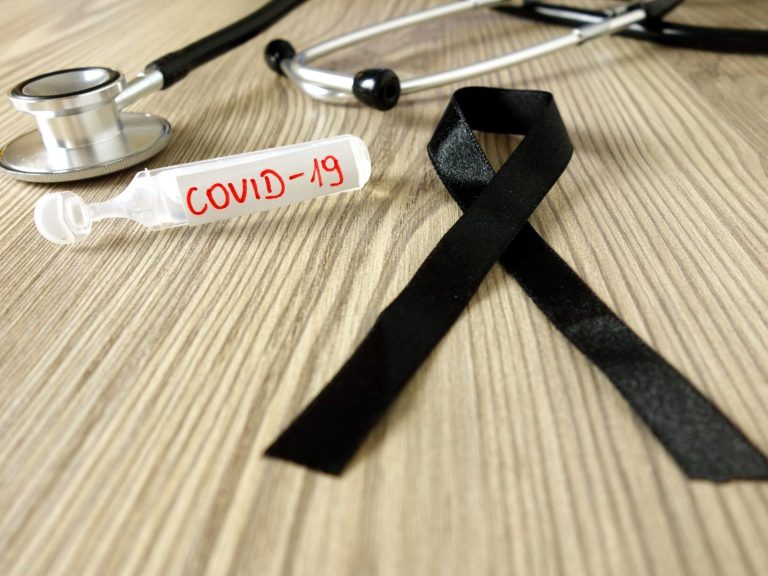Sudden weight loss may be a symptom of pancreatic cancer. Don’t underestimate this

Sudden weight loss in some cases may be a sign of pancreatic cancer. However, patients often underestimate this condition. What other symptoms indicate this cancer?
Symptoms of pancreatic cancer appear only in the advanced stage of the disease, which makes diagnosis very difficult. Additionally, we can ignore many symptoms, thinking that they are the result of fatigue, an intense lifestyle or a consequence of another disease.
Sudden weight loss and pancreatic cancer
One of the symptoms of pancreatic cancer is sudden weight loss. This applies to situations where weight loss is not the result of a strict diet or increased physical activity. This symptom can often be easily ignored, blaming the cause on, for example, excessive stress or a large number of responsibilities.
The patient also experiences loss of appetite and a feeling of satiety even before eating a meal. This, among other things, causes such a person to eat less, and as a result, significant weight loss occurs in a short period of time. It is also accompanied by general weakness, nausea and vomiting.
What are other symptoms of pancreatic cancer?
As we have already mentioned, malignant pancreatic tumors may not cause any symptoms for a very long time. Other symptoms of this disease include discomfort in the upper abdomen and a change in the smell of the stool (it also has a fatty character).
Symptoms of advanced pancreatic cancer include:
-
skin itching,
-
jaundice,
-
abdominal or back pain (the pain radiates from the navel on both sides towards the back to the spine),
-
diabetes
-
venous thrombosis,
-
bleeding from the gastrointestinal tract
-
enlargement of the spleen,
-
duodenal obstruction,
-
ascites.
However, it sometimes happens that the above symptoms appear only in a very advanced stage of the disease. It is important to remember that early detection of cancer is extremely important because it allows for immediate treatment and therefore a greater chance of recovery.
What are the risk factors for pancreatic cancer?
Factors that increase the risk of developing pancreatic cancer include smoking – in people who do not smoke cigarettes, the risk is much lower. It is believed that the carcinogenic factor are nitrosamines contained in tobacco smoke. People with obesity are also more likely to develop this cancer, so they should strive to change their eating habits and, consequently, reduce their body weight.
Diabetes and chronic pancreatitis are also considered to be diseases that may increase the risk of disease. Regular alcohol consumption may also lead to inflammation of this organ and thus increase the risk of pancreatic cancer. Diet can help avoid pancreatic cancer – there is more and more scientific evidence that improper nutrition may contribute to the development of this cancer.






